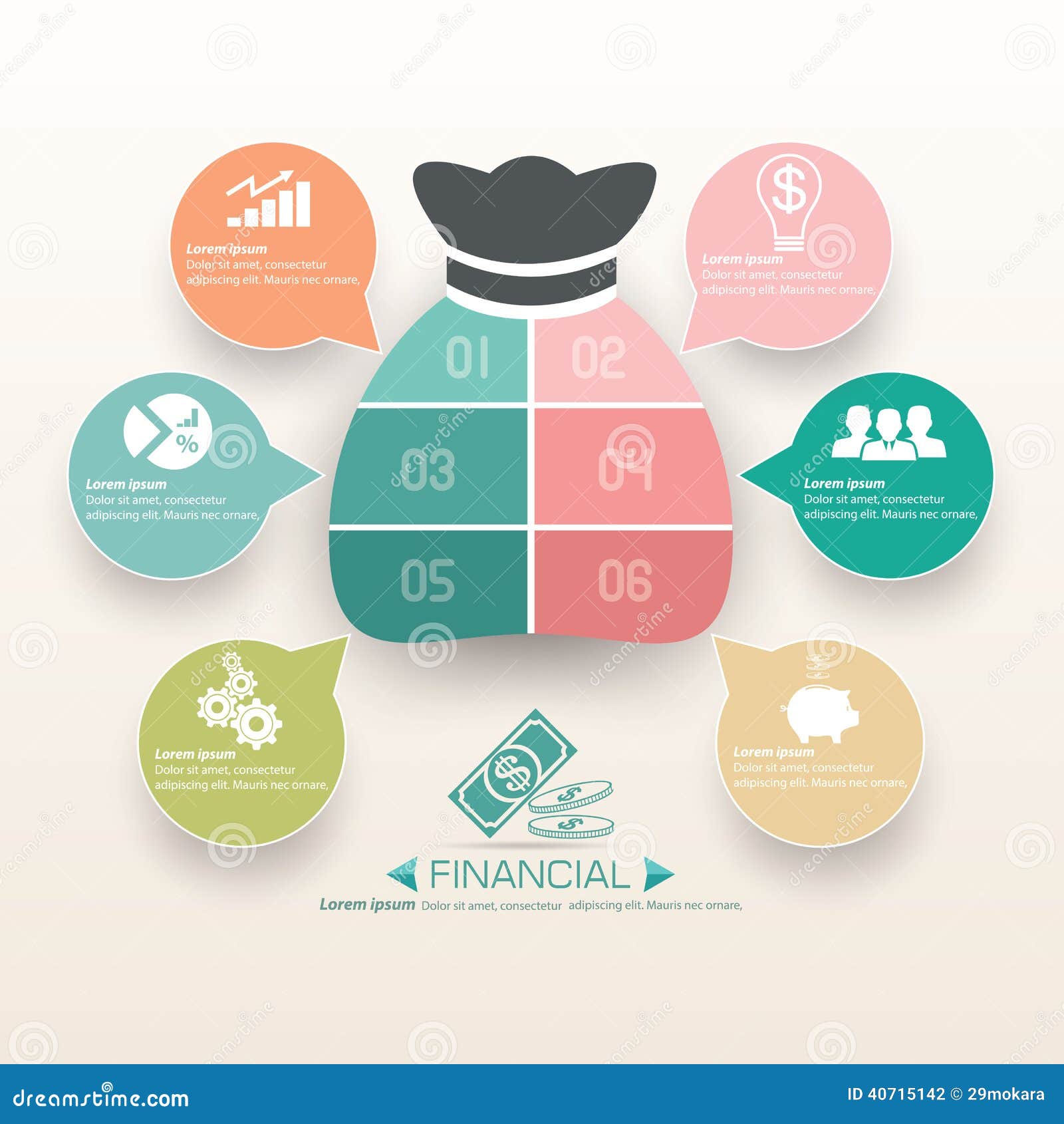The Effects Of Failing To Satisfy A Performance Bond
The Effects Of Failing To Satisfy A Performance Bond
Blog Article
Content Created By-
When a surety issues an efficiency bond, it guarantees that the principal (the celebration that acquires the bond) will accomplish their responsibilities under the bond's terms. If the primary fails to meet these obligations and defaults on the bond, the guaranty is accountable for covering any kind of losses or problems that result.
1. Loss of reputation: Defaulting on a performance bond can harm the principal's credibility and trustworthiness, making it more difficult to secure future company or funding.
2. Legal and administrative prices: The guaranty may need to pay legal and administrative prices related to seeking the principal for problems or attempting to remedy the scenario.
3. Monetary losses: The surety might need to cover the cost of finishing the task or providing the services that the principal stopped working to supply. This can cause substantial economic losses for the surety.
4. Enhanced premiums: If the principal has a history of defaulting on performance bonds, they might be required to pay higher costs in the future to acquire the essential bonding.
Overall, back-pedaling an efficiency bond can have major economic effects for both the principal and the guaranty. It's important for principals to very carefully consider their obligations and ensure they are able to fulfill the regards to the bond to stay clear of these unfavorable outcomes.
Defaulting on a performance bond can be a costly error for services. When you stop working to satisfy the bond's obligations, the monetary repercussions can be substantial. From paying https://how-to-register-an-online49493.mybuzzblog.com/9837223/surety-agreement-bonds-a-comprehensive-guide-for-contractors to possible lawful fights and damaged partnerships, the effects can reverberate throughout your business procedures. Recognizing the elaborate web of financial influences that defaulting on a performance bond can have is essential for protecting your company's monetary health and online reputation.
Financial Penalties for Defaulting
If you default on a performance bond, you'll likely deal with considerable financial penalties. These penalties can vary depending on the terms of the bond agreement yet frequently involve paying the bond amount completely to the obligee. This suggests that if you fail to meet your legal responsibilities, you need to pay the bond amount to the job owner or the entity that needed the bond.
Furthermore, you might additionally be responsible for any added costs incurred by the obligee because of your default, such as finding a substitute contractor or covering job delays.
Defaulting on an efficiency bond can also result in legal charges and court costs if the obligee chooses to take lawsuit against you to recuperate the bond quantity. These costs can swiftly accumulate, further worsening the economic effect of your default. It's important to meticulously examine and understand the terms of the performance bond to prevent these serious punitive damages.
Influence On Company Cash Flow
Defaulting on a performance bond can substantially affect your service capital, influencing monetary stability and functional abilities. When you default on a performance bond, you take the chance of shedding the bond quantity, which can be a considerable sum. This loss directly impacts your capital, as you'll need to find alternate resources of moneying to cover the bond quantity. In construction performance guarantee , skipping can bring about enhanced scrutiny from guaranties, making it more challenging and much more expensive to protect bonds in the future. This can better strain your capital as you might require to allot additional sources to meet bonding needs.
The impact on your capital doesn't stop there. Back-pedaling an efficiency bond can also result in job hold-ups or terminations, causing a loss of income. In addition, the unfavorable reputation that includes skipping can prevent prospective clients, additionally decreasing your cash flow. On the whole, back-pedaling a performance bond can have detrimental impacts on your organization's financial health and ability to operate efficiently.
Lawful Implications and Lawsuits
Dealing with legal implications and potential legal actions due to defaulting on a performance bond can significantly influence your business's track record and economic standing. When you default on a performance bond, the surety firm might take lawsuit to recuperate the bond quantity paid out. This can lead to costly lawful costs, court expenditures, and potential settlements or judgments against your service.
Moreover, back-pedaling an efficiency bond might lead to damaged relationships with clients, subcontractors, and suppliers, influencing your ability to protect future contracts. Legal actions occurring from bond defaults can taint your business's credibility in the sector, making it challenging to bring in new companions or customers.
Furthermore, if the default causes a court judgment against your company, it can result in asset seizure or liens, additionally stressing your economic stability. Consequently, it's important to recognize the lawful effects of back-pedaling an efficiency bond and take positive actions to alleviate the dangers included.
Conclusion
As you deal with the effects of defaulting on a performance bond, remember this: it resembles walking a tightrope without a safeguard. One wrong move can send you plunging into a monetary freefall, without means to stop the autumn.
The financial penalties, cash flow influence, and legal implications are all waiting to catch you if you blunder. So step meticulously, and always recognize https://www.kroll.com/en/insights/publications/settlement-administration/what-should-i-expect-in-a-class-action-settlement-fairness-hearing to stay clear of the rough effects of default.
